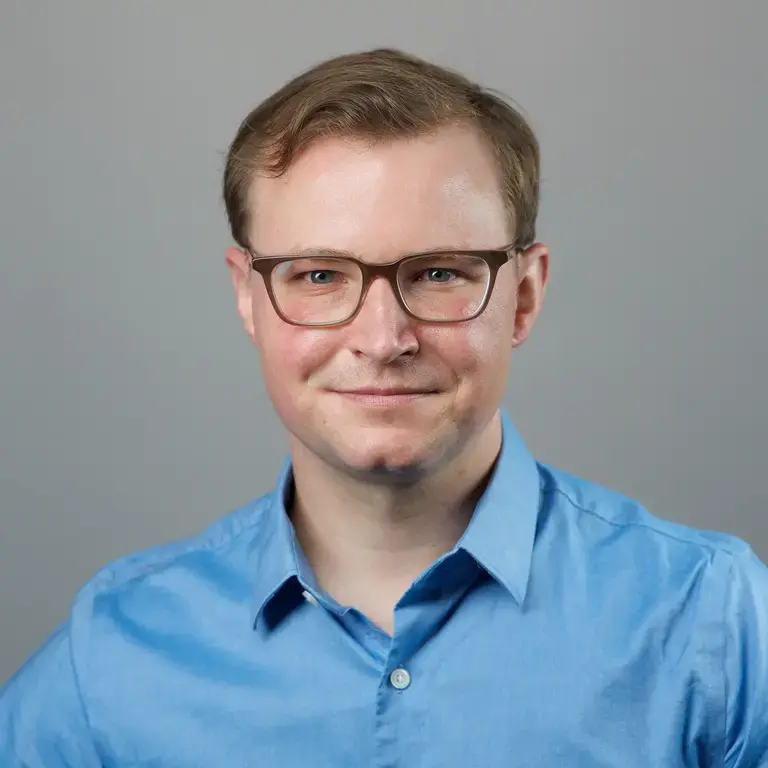Maximilian (Max) Hardt is currently a Director in Global Strategy Development at Merck KGaA in Darmstadt, Germany, orchestrating Merck’s annual strategy process. Before this, Max was a Pricing & Reimbursement Manager in the German Affiliate of Merck and with this a project lead for a negotiation in the field of Oncology. He studied Economics in Mainz and Frankfurt (Germany) as well as Warsaw (Poland). After having completed internships in aviation (in the US) and pharma consulting, he started his professional career at Merck KGaA in Darmstadt, Germany. With entering a 2-year rotational trainee program, Max had the chance to work in Strategy, Forecasting (in the UK), Market Access & Pricing and Commercial before moving into Pricing.
Cody Smith: Welcome Max. In your career, you have worked in the context of complex negotiations, and in 2021, you graciously accepted an invitation to serve as a guest lecturer for a course I teach in Columbia University’s Negotiation and Conflict Resolution MS program. Since then, you have been back several times, including recently to speak to students in my introductory negotiations course. We will get into what your experience at Columbia has been like. But first, say a few words about yourself. How did you gain your expertise in negotiation and strategy?
Maximilian Hardt: In my previous role, I was a project lead within AMNOG, which is the German legal framework for decisions on reimbursement and price for new pharmaceutical products entering the market. Such a negotiation lasts for around 6 months. Currently, I support our Healthcare Executive Board in defining the long-term strategy of our business, taking a global and cross-functional view. Both perspectives complement each other.
Cody Smith: Max, you’ve also gained experience outside Germany. We first met years ago in Haiti. I was volunteering as a business negotiations lecturer for an entrepreneurship camp, and though you were an intern, you were serving as a field representative for one of the camp’s major corporate sponsors, Lufthansa. How did your experience working with local and international partners in Haiti lead you toward a career in negotiation and strategy?
Maximilian Hardt: At the end of my studies, I interned as an Assistant to the Vice President of The Americas for the airline Lufthansa in New York City. As part of my role, I went to Haiti and was Lufthansa’s representative, leading the camp from an organizational standpoint. I was never in Haiti or another country facing such challenges before. In this set-up, I was in center of multiple stakeholders: Lufthansa and the founder of the entrepreneurship camp, incredible local partners who supported me, the local entrepreneurs visiting the camp, and the experts flying to Haiti for their lectures. It was an intensive job in a completely unknown & challenging environment, balancing a range of interests. In hindsight, negotiation & strategy skills were in demand.
Cody Smith: It was a great experience in Haiti and it’s great that you remain in contact with Haitians you met. After the camp, we lost contact for some years but reconnected when you had started your career in pharma and were working on negotiations.
Maximilian Hardt: Yes, I was working in negotiation when I remembered your negotiation lecture in Haiti. We then started to have multiple Zoom calls and were talking for hours, mostly about negotiation from very different perspectives. I also invited you as an expert to deliver a presentation to my team and we greatly benefited from the discussions.
Cody Smith: It was very interesting to see not only the high degree of theoretical knowledge you had in negotiation and strategy, but how you could apply it daily in your work. I realized that you would be the perfect guest lecturer in my course. Now that you have spoken at Columbia a few times, exchanged ideas with our amazing students, and fine-tuned your presentation, how would you describe your experience as a guest lecturer?
Maximilian Hardt: It has been a stimulating and rewarding experience. I’ve enjoyed continuously optimizing the content and approach based on feedback from Columbia students and faculty. I now first introduce general concepts of pricing and strategy in pharma. Then, we discuss AMNOG as a case study, outlining the set-up, milestones, and requirements. When discussing this rigorous process, you can find many theoretical negotiation principles the students are studying embedded into an important law at the federal level, which defines the rules for negotiation. At the end, I openly discuss questions with students through which we exchange personal experiences when preparing for negotiation along with other negotiation dynamics. Overall, my goal is to give the students a fundamental introduction to the pharma industry and a personal perspective on what it means in practice to work in negotiation and strategy.
Cody Smith: What do you enjoy the most about being a guest lecturer at Columbia University?
Maximilian Hardt: Discussing shared professional interests with such intelligent and highly engaged students, who bring a fresh perspective. I learn a lot in every lecture as well as the students are exposed to a broad range of negotiation processes, way beyond pharma.
Cody Smith: Well, the students and I certainly have learned a great deal from you as well. In fact, I let one a student in on this interview and he had this to share about the experience:
“Max’s session explored practical strategies and frameworks for preparing and conducting complex negotiations in the real world. I especially valued his perspective on the industry dynamics, private-public considerations, and the role of emotion when embroiled in high-stakes negotiations.” – Rasmus Edelmann (SIPA ’25)
Cody Smith: With that, thank you Max for sharing your time, talent, and insights. I very much look forward to inviting you back into the classroom in the future!
